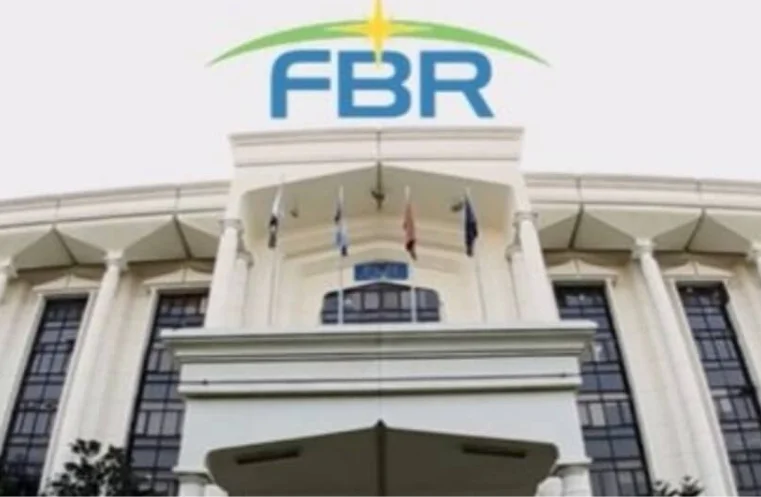ISLAMABAD, March 25: Ministry of Finance is recruiting six professionals to help operationalize the newly established Tax Policy Office (TPO), which will directly report to the finance minister.
This move is in line with Pakistan’s commitments under the $7 billion Extended Fund Facility (EFF) agreement with the International Monetary Fund (IMF).
Pakistan government is taking step toward Tax Policy Separation with creation of TPO.
After years of delays, the Pakistani government has initiated the separation of tax policy from revenue administration by establishing the Tax Policy Office (TPO), which will report directly to Federal Minister for Finance and Revenue Muhammad Aurangzeb.
Key Details:
Positions Available:
Director General (DG) of the TPO.
Five Directors with expertise in various areas:
Economic Analysis
Business Taxation
Personal Taxation
International Taxation
Direct/Indirect Taxation
Compensation:
The hired professionals will be placed under the Special Professional Pay Scales (SPPS). The DG will be hired at SPPS-1, with an all-inclusive package of up to Rs 2 million per month.
Read More: Pakistan Agricultural Tax Burden Among Highest in the Region
The Directors will be hired under SPPS-II, with a package of up to Rs 1.5 million per month.
Revised Remuneration Structure:
The Prime Minister approved the revised pay structure for four grades under SPPS last April:
SPPS-1: Rs 2 million (for DG TPO).
SPPS-II: Up to Rs 1.5 million (for directors).
SPPS-III: Up to Rs 1 million.
SPPS-IV: Up to Rs 500,000.
The creation of this office and the hiring of professionals is part of a broader initiative to enhance Pakistan’s tax system and fulfill the structural reform commitments under the IMF’s EFF.
This move, announced last month, marks a significant development in the country’s tax reforms.
Key Points:
Objective of the TPO:
The TPO will focus on tax policy analysis, data modeling, revenue and economic forecasting, and managing the country’s international tax treaties and obligations.
Also Read: Salaried Class Bears Rs. 120B Extra Tax Burden
Its creation aims to ensure that the Federal Board of Revenue (FBR) can remain focused on revenue collection, while the TPO handles the policy side of taxation.
Separation of Functions:
Successive governments have attempted to separate tax policy from administration to prevent policy capture by the revenue machinery. However, these efforts had failed primarily due to resistance within the FBR.
Under the $7 billion Extended Fund Facility (EFF) agreement with the International Monetary Fund (IMF), Pakistan committed to establishing a TPO under direct supervision of the finance minister to address this issue.
Commitment to IMF:
The government’s commitment to set up the TPO was part of a broader structural reform agenda under the IMF’s EFF.
The IMF documents highlight that this office will improve tax policy analysis and enable the FBR to concentrate on its core function—revenue collection.
The creation of the TPO was delayed from the first quarter of fiscal year 2025 to the third quarter but was notified just before the IMF review mission’s visit.
Staffing and Operational Structure:
The TPO’s staffing will be carried out with approval from the Establishment Division and Finance Division, in accordance with government-prescribed terms and conditions.
Professionals are being hired for key positions, including Director General (DG) and directors with expertise in different aspects of taxation.
This move is seen as a step toward improving Pakistan’s tax system, enhancing policy effectiveness, and addressing long-standing inefficiencies in tax administration.
The TPO’s establishment is expected to bolster Pakistan’s commitment to fiscal discipline and ensure a more streamlined approach to tax policy and revenue generation.









